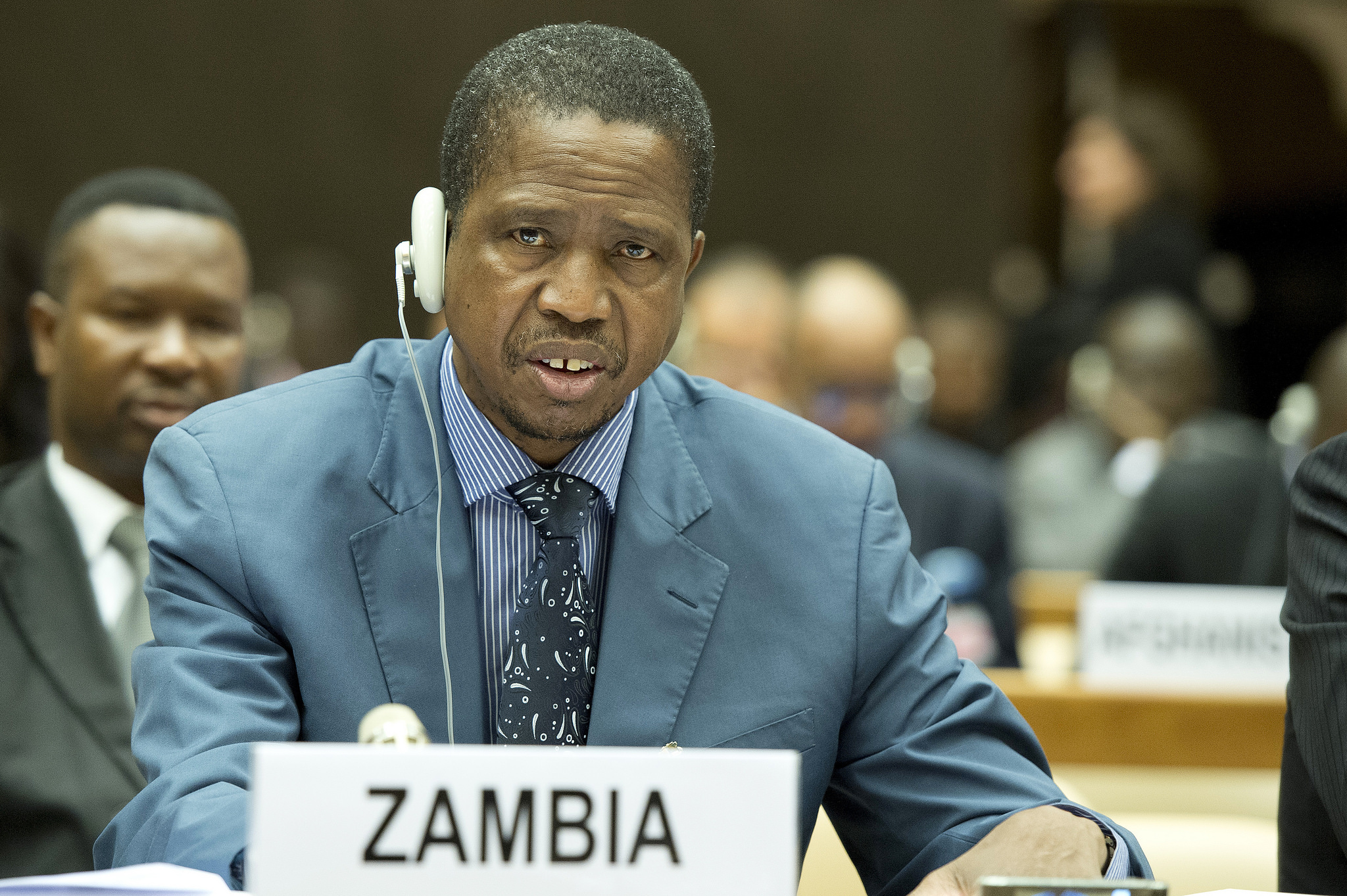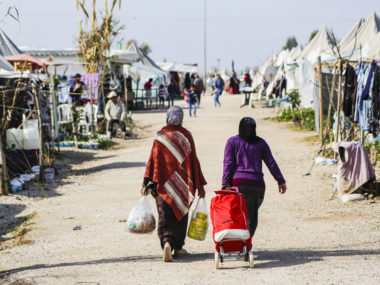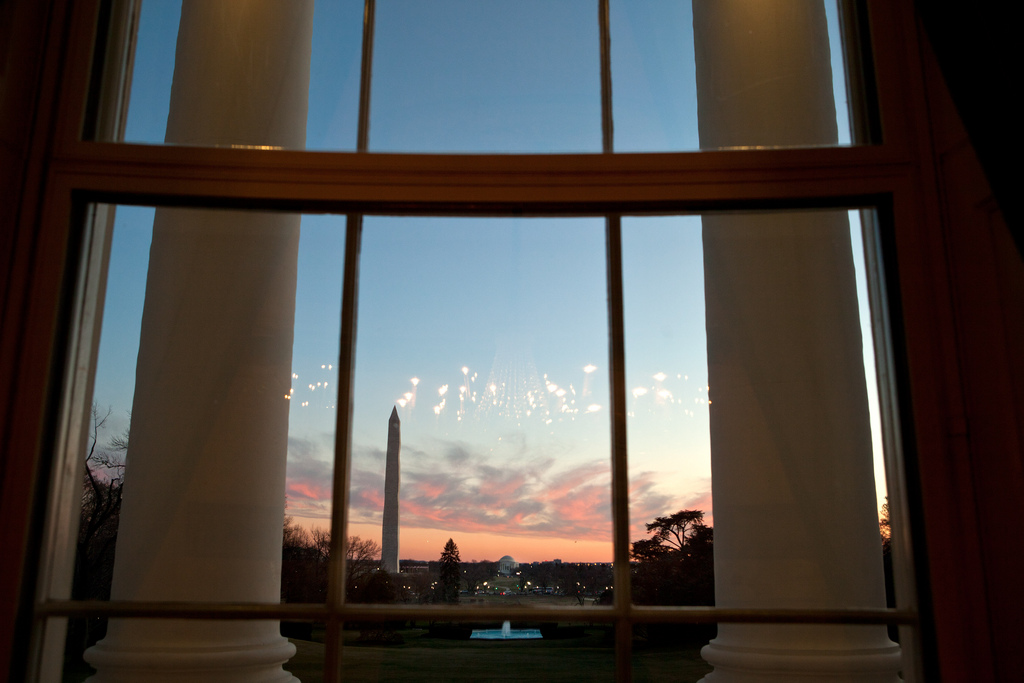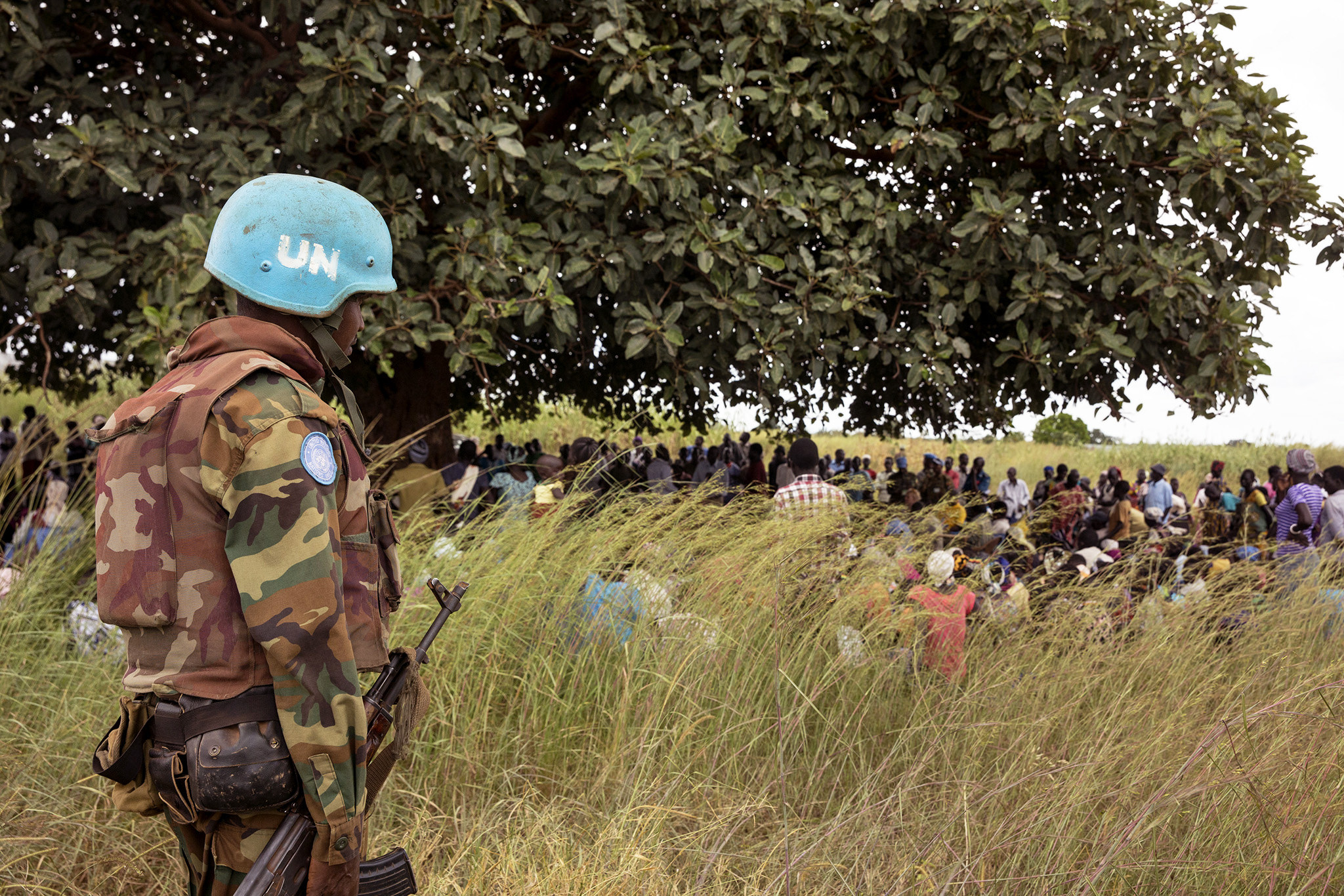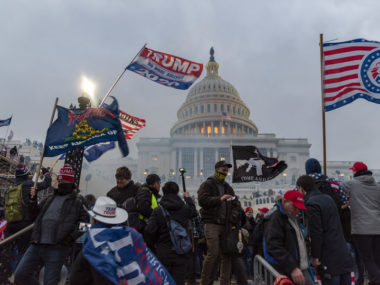By Dawn Brancati.
By less than 3 percent of the vote, President Edgar Lungu of the Patriotic Front defeated Hakainde Hichilema of the United Party for National Development in his re-election bid for the presidency. According to the results announced on Monday, Lungu won a very slight majority of the votes, obviating the need for a run-off election. Immediately after the outcome of the election was announced, the opposition rejected the results, claiming that the elections were fraudulent. Protests and riots soon followed in the country’s South.
Zambia has held multiparty elections since 1991 and has enjoyed numerous peaceful transitions of power since democracy’s inception. So the question beckons – why are these elections different?
While unusual for Zambia, the current instability in the country follows a rather predictable pattern. Democracy protests, and others forms of collective action, often arise around elections in weakly democratic states when there is an economic crisis. Crises tend to increase support for the opposition while also reducing the amount of patronage governments have at their disposal to curry favor with the public. Opposition forces, meanwhile, are more likely to organize protests when vote totals suggest that they would have significant support if they did, and that the opposition would have won the elections had the elections been more free and fair. A small margin of victory for the incumbent does both.
Given the current unrest, it is not surprising to see many of these conditions at work in present-day Zambia. First, Zambia’s economy has declined sharply in the last few years. Copper prices have fallen, triggering high inflation and unemployment, a reduction in economic growth, and the devaluation of the country’s currency, the kwacha. Agricultural production has also dropped, while electricity shortages have arisen as a result of droughts. Hichilema, a wealthy businessman, campaigned on his ability to fix the economy, accusing the government of damaging the country’s economy through runaway corruption and wasteful spending.
Second, the opposition has accused the government of stealing the elections by registering ineligible voters, interfering with the opposition’s campaign, distorting the media’s coverage of the election, and manipulating the vote tally. Some of the UPND’s claims have been backed up by independent election observers, including the Christian Churches Monitoring Group and the European Union. Their reports may help precipitate further protests by giving authenticity to the opposition’s claims.
Hichilema has not yet called for protests. He has, however, promised to challenge the results in the country’s constitutional court. According to recent scholarship, courts – even when they exhibit a pro-incumbent bias – can dissuade the opposition from organizing protests in close elections. Unfortunately, most post-election protests, when they do occur, are met with government force. In light of these challenges, let’s hope Zambia’s democracy is able to overcome the current unrest and maintain its track record of peaceful transitions of power.

